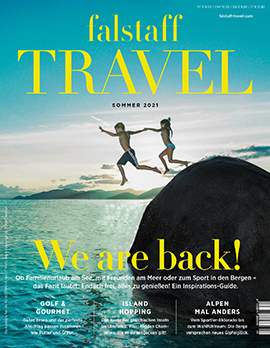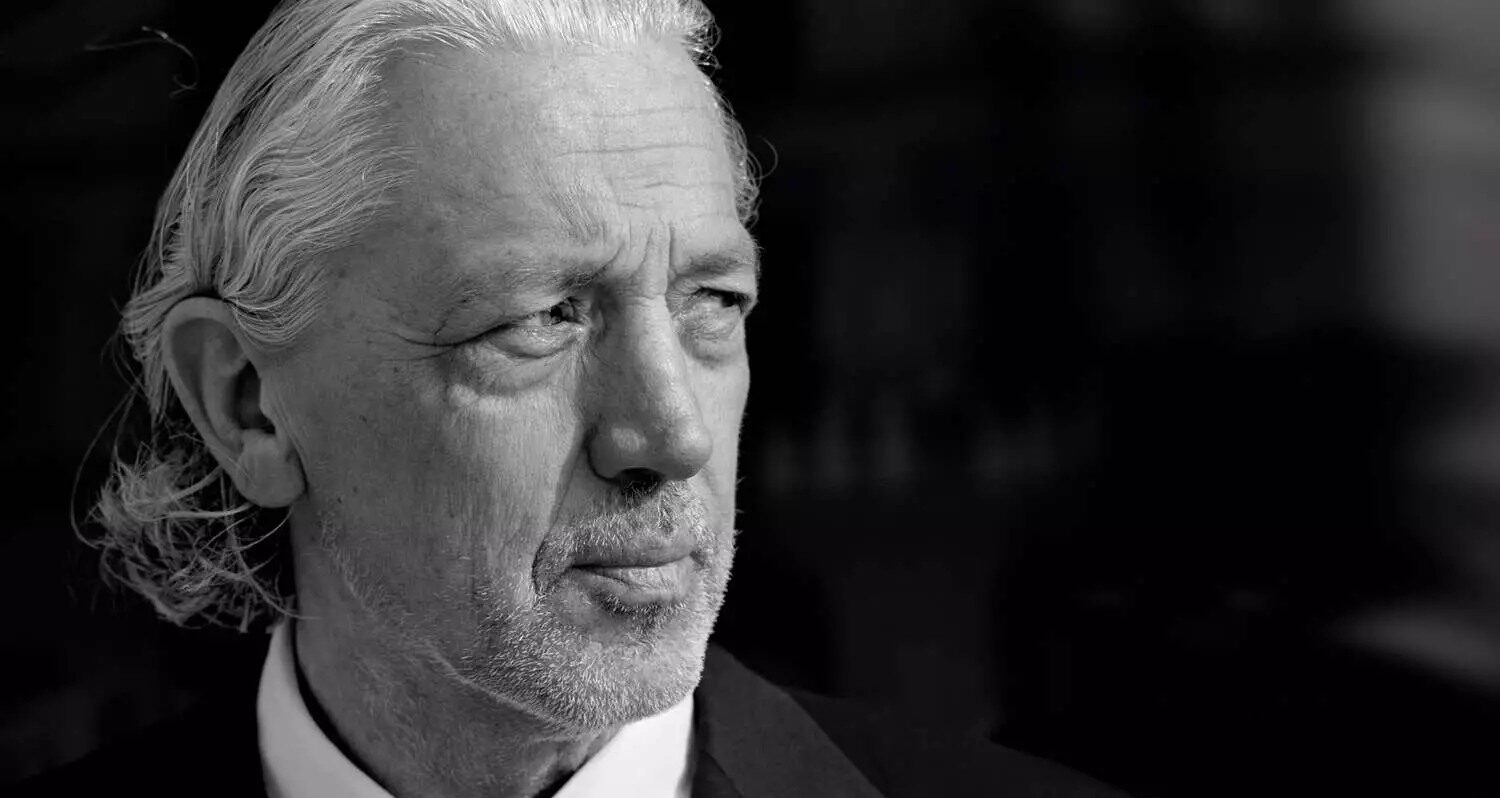
Charles Schumann's Tokyo
The gastro legend on the excellent service in Japan and special insider tips in the pulsating metropolis.
19 February 2020
Omotenashi says Charles Schumann, when asked what the difference is between hospitality in Japan and Europe. Omotenashi is a difficult word to translate into German, which most likely stands for hearty hospitality. Omotenashi is an attitude that has been part of the tea ceremony in Japan for thousands of years and is the hallmark of unsurpassed service in Japan today.
Charles Schumann travels to Tokyo again and again, both professionally and privately. The metropolis of 14 million people inspires him. He often only realises this when he gets home: "When I come back, I realise how wonderful it was in Japan. Then I miss the country again." Charles Schumann has been learning Japanese for two and a half years, but, "I have a hard time with the language." Schumann says he would have to live in Japan to make greater progress. He doesn't have time for that yet.
Of course, the grand seigneur of the bar world visits his professional colleagues during his foray through Tokyo. Schumann goes where he knows the bartenders. Many bars are located in the upscale shopping district of Ginza, which becomes a Mecca for cocktail enthusiasts in the evening. There are over 350 bars in Ginza, hidden in cluttered office buildings. They often offer only a few seating options, yet they are classically elegant, dark and often smoking. The quality is exceptionally high, with most bars focusing on classic cocktails. Most of the time, you sit right at the counters. Not unlike the tea ceremony, direct contact between the master - in this case the bartender - and the guest is essential. Many bartenders have been at work for decades and, like Schumann, know no retirement age.
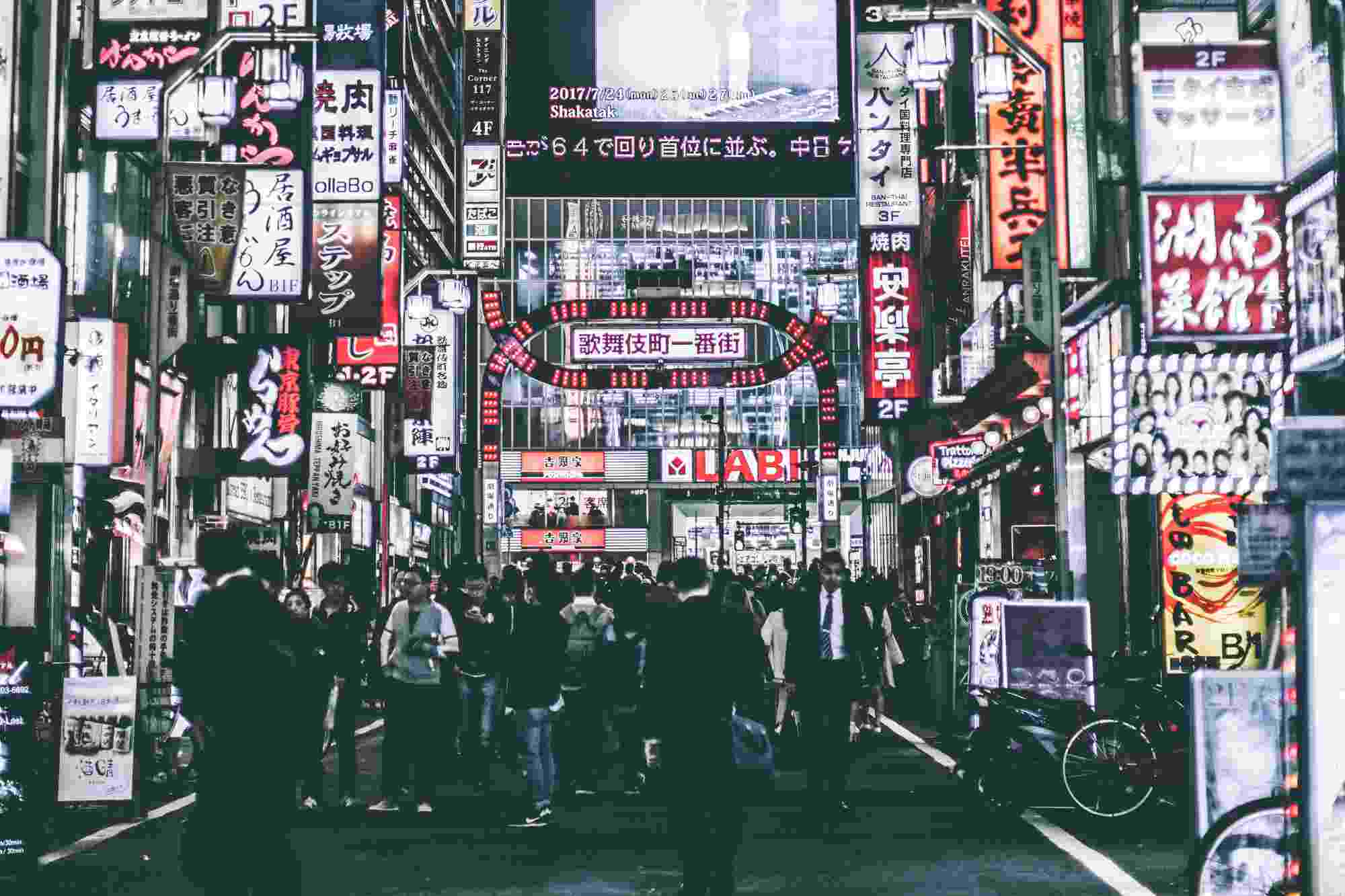
Questions for Charles Schumann
Mr. Schumann, where are you staying in Tokyo?
In Japan, I always have my trails. In Tokyo, it's the Grand Hyatt Roppongi.
Where do you go to eat in Tokyo?
There are of course the insane restaurants where you never get a seat. You really have to control that and plan in advance. The star restaurants in Tokyo only have about 10 to 15 seats. I don't go there though. I eat in Italian restaurants in Japan - they have better pizzas and better coffee than in Italy.
How come?
For a Japanese person who wants to learn Western cuisine, there are two places in particular: France for French cuisine and Italy for Italian. Japanese who return to Japan after living abroad push the production to a top level with the best products. This is not uncommon in Tokyo.
Why do you keep going back to Japan?
I am not that enthusiastic, I know many who have more enthusiasm for Japan. But I really like the attitude to life and the respect of the Japanese. I find Tokyo very inspiring. Even when I go to Kyoto, for example, I soon miss Tokyo again.
However, I have to say the only downer for the Japan traveler is the language. Unfortunately, the English level is still quite low. Therefore, you always have to get the addresses also in Japanese, many taxi drivers can only read Japanese addresses / can only read Japanese.
What do you think distinguishes hospitality in Japan and Europe?
The service is second to none. For example, there are nowhere as professional taxi drivers. I notice the difference especially when I am back home.
Respect is important in Japan. The Japanese find the right distance to the customer or guest at the bar. Here in Germany, the bartender is much too close to the guest.
How do you choose your hotels for a trip?
In Berlin, I go to the Rocco Forte Hotel de Rome. When I go to Paris, I go to some cheap hotel because hotel prices have become so outrageously high. When I go on a beach holiday, I choose a hotel that is very close to the beach because I don't want to drive.

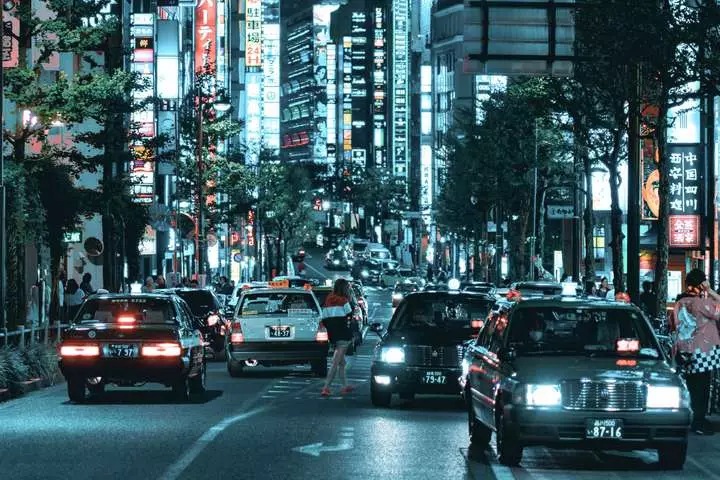
THESE HOTELS ARE RECOMMENDED BY CHARLES SCHUMANN IN TOKYO:
Aman Tokyo

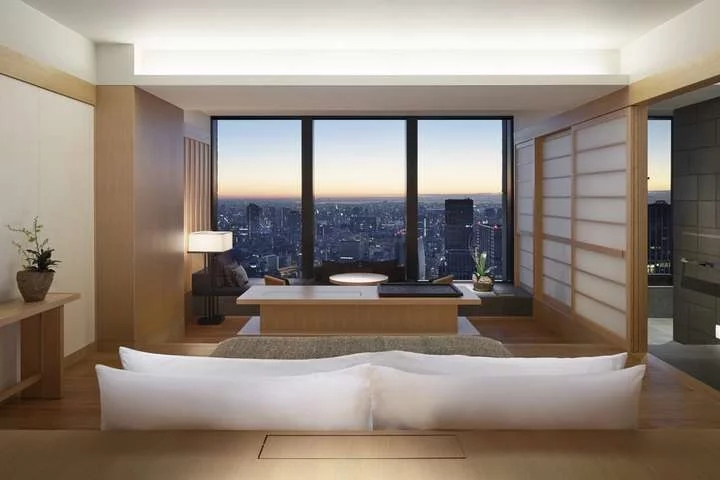
Andaz Tokyo Toranomon Hills
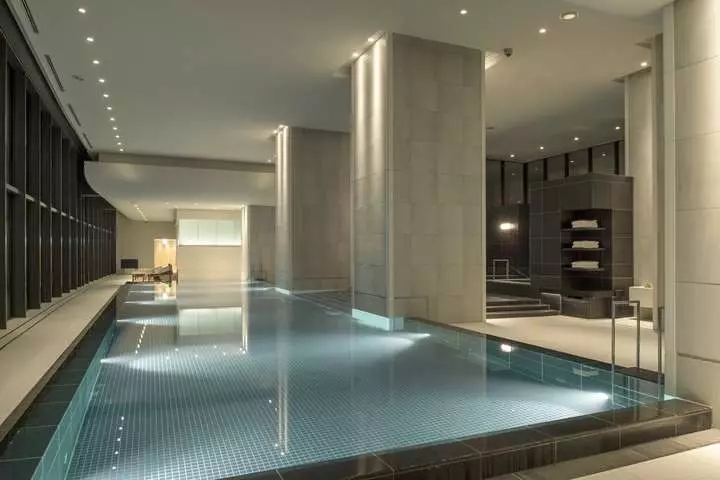
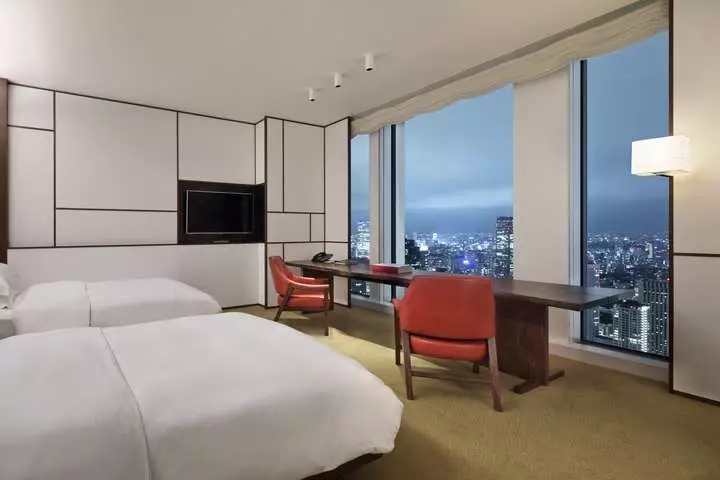
Hoshinoya Tokyo
EXPERIENCE JAPAN UP CLOSE
Whoever enters this hotel in the financial district notices during the obligatory removal of shoes: this is no usual luxury hotel - but rather a ryokan, a traditional Japanese inn that has arrived in modern Tokyo. There are no contradictions between old and new, however; the mix of excellent hospitality, omotenachi, modern design and natural Japanese materials enchants from the start. Each floor has six hotel rooms and has its own tea lounge - an extremely exclusive experience. So is the Nippon Cuisine on the ground floor, for which chef Noriyuki Hamada combines regional ingredients with elements of fine French cuisine. The onsen here is on the roof - its water source 1,500 metres below Tokyo.
Double room from € 690 / night | hoshinoya.com
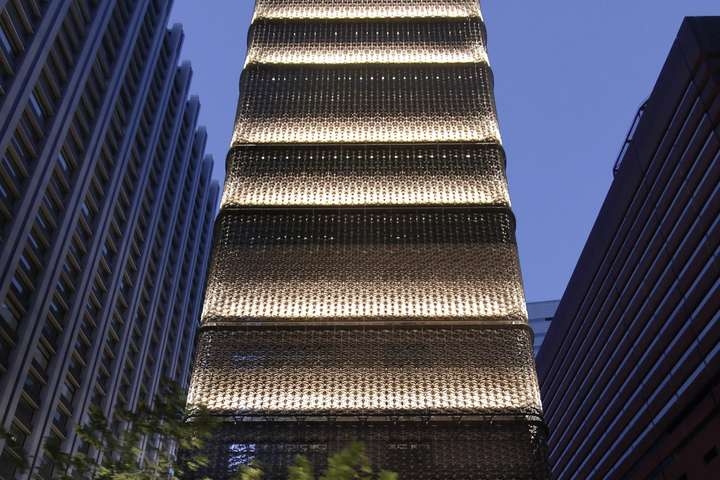
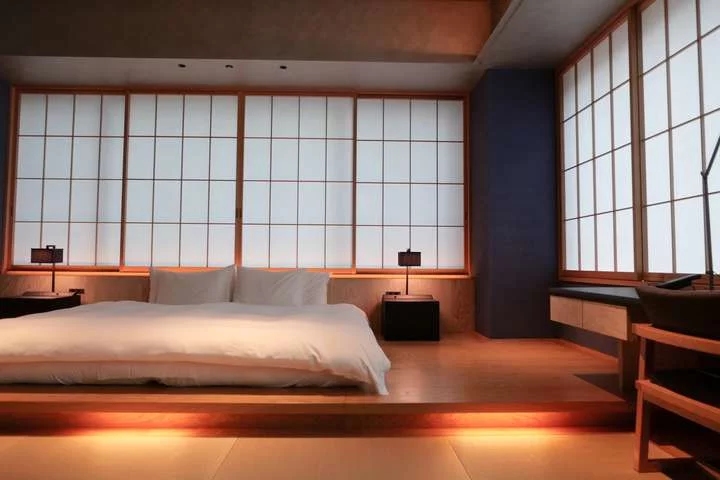
Park Hyatt Tokyo
LUXURY HOTEL WORTHY OF A FILM
This hotel overwhelms you at the latest when the lift door opens on the 41st floor and reveals a view over the scenic Peak Lounge. The design of the hotel by John Morford is a lesson in timeless elegance. The room key is adorned with an elegant silver ring, each book is thoughtfully chosen and each lamp adds to the atmospheric lighting scheme. Together with the outstanding service, the Park Hyatt Tokyo has become the flagship of the Hyatt Group. Hollywood stars and CEOs swim in the light-flooded pool, Tokyo's high society trains in the fitness club. Afterwards, people meet either in the modern Japanese restaurant Kozue or in the legendary New York Grill. There, on the 52nd floor, the twinkling lights of Tokyo merge with the starry sky.
Double room from € 475 / night | hyatt.com
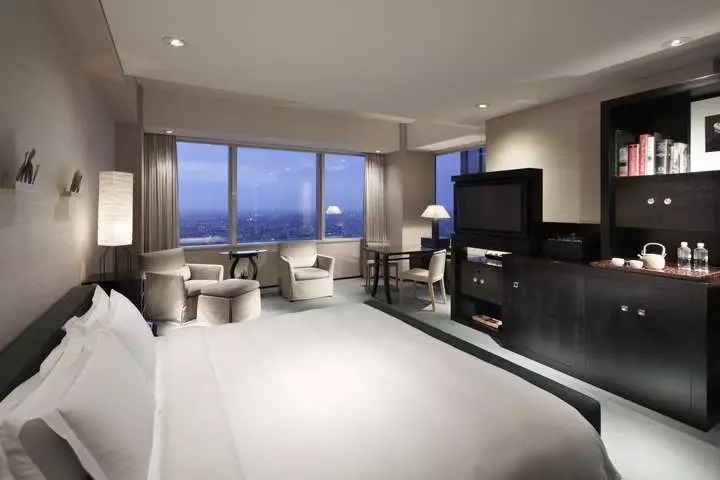
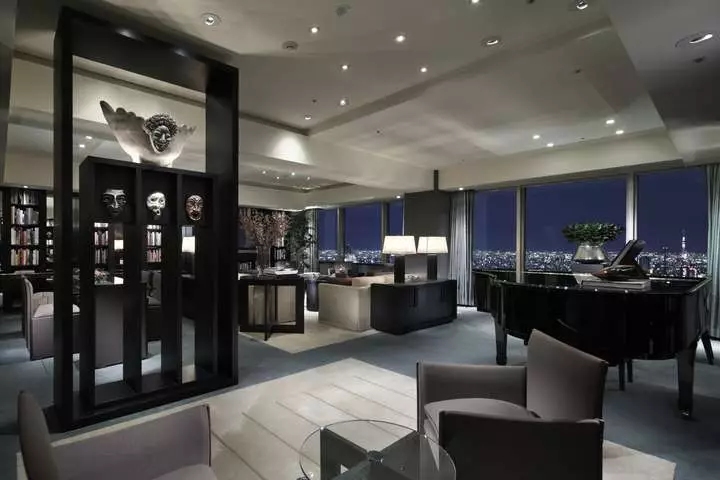
Mandarin Oriental Tokyo
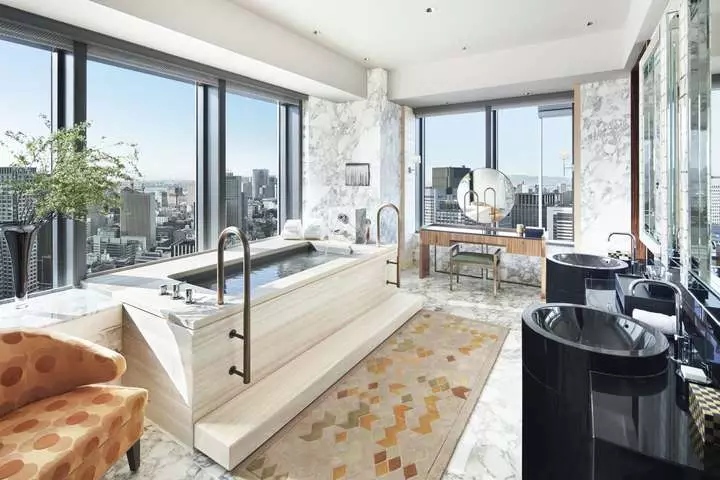
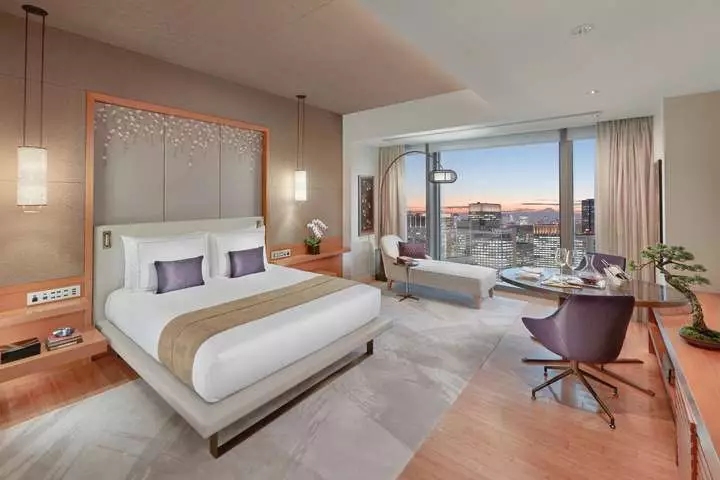
CHARLES SCHUMANN'S TIPS FOR TOKYO:
01 Star Bar, Ginza
The cocktail institution in Ginza. Bartender Hisahshi Kishi is a crowned master of classic cocktails. http://www.starbar.jp/star-bar-ginza/
02. trench bar, ebisu
Fin de Sàcle, a bit of France and a lot of absinthe - a young and western-oriented showcase bar. http://small-axe.net/bar-trench/
03 Bar Benfiddich, Shinjuku
The bar concept "fram-to-bar" is influential in Japan. Western-oriented drinks. https://de-de.facebook.com/BarBenfiddich
04 Bar Orchard, Ginza
A fruit basket replaces the menu and inspires ingenious experimental drinks. https://www.facebook.com/barorchardginza/
05 Ginza 6, Ginza
New luxury department store of superlatives. As in all department stores, it is worth visiting the food department in the basement. https://ginza6.tokyo.e.abf.hp.transer.com/
OUR HIGHLIGHTS - 3 EDITORIAL RECOMMENDATIONS:
01. blue bottle coffee
With 13 beautiful branches, this American coffee house is not only a good place for coffee, but also for breakfast. https://bluebottlecoffee.com/cafes#tokyo
02 Pizza Studio Tamaki (PST), Higashi-Azabou
Tsubasa Tamaki has never been to Italy himself, but he is a contender for the best pizza in Tokyo. http://pst-tk2-ad.com/
03 Camelback Sandwich & Espresso, Tomigaya
In addition to fabulous sandwiches, this place has the creamiest espresso. https://camelback.tokyo/
Picture credits: Charles Schumann; Unsplash (Andre Benz, Derch, Banter Snaps); Aman Tokyo; Andaz Tokyo Toranomon Hills; Nacasa & Partners Inc.; Hoshinoya Tokyo; Park Hyatt Tokyo
